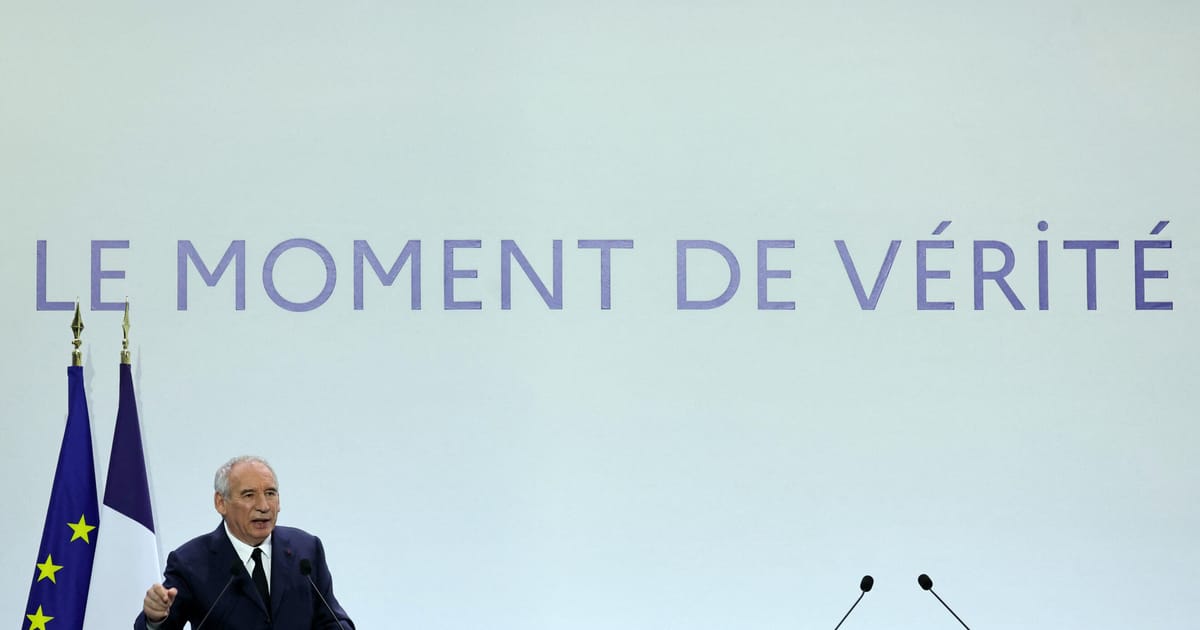The prime minister said to get to that figure, the government will next year reduce its civil servant headcount by 3,000; cut another 1,000 to 1,500 jobs in government agencies or state-run institutions; cut health care expenditure by €5 billion; and freeze the salaries of some government employees and the amount of welfare payments, including pensions, that are typically adjusted annually for inflation.
Though ahead of Tuesday’s press conference Bayrou’s government had promised not to raise taxes, the prime minister said the government would ask for a “solidarity contribution” for high-income taxpayers.
France’s armed forces will be one of the few areas spared. French President Emmanuel Macron had promised in a speech Sunday to boost defense spending to €64 billion in 2027, which Bayrou’s presentation confirmed.
But daring to eliminate two public holidays threatens to drown out the bevy of announcements Bayrou unveiled in the government’s lengthy presentation. Even before he finished speaking, the prime minister began taking heat on social media from lawmakers across France’s fractured political opposition. Jordan Bardella, the president of the National Rally, said Bayrou’s plan was a “a direct attack” on French history.
Bardella’s party has already said that if it disapproves of Bayrou’s spending plans, it could join forces with lawmakers on the left to oust the prime minister when lawmakers return to work in the fall, as they did to former Prime Minister Michel Barnier late last year.
Yet Bayrou seems aware that his prescription to cure what ails France’s finances could cost him his job. Behind the podium from where he addressed a crowd of hundreds of journalists, lawmakers and ministers read the words “the moment of truth.” One of his ministers had used the phrase to describe the budget to POLITICO earlier this month.
Bayrou, for his part, said the government is aware it remains “at the mercy of the opposition” and may not be able to push through its plan.
This story has been updated.
